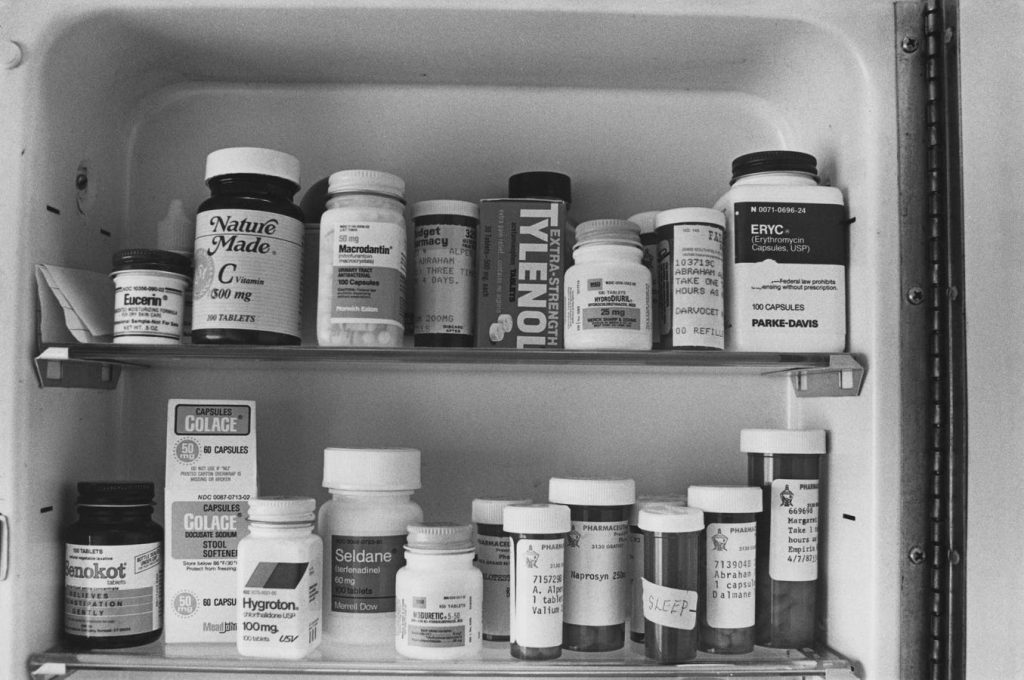Concerned for your aged 80+ aging parent, you call regularly. Mom sounds good on the phone and offers no complaints. You plan to see her over the holidays in person, for the first time in a few months. You expect things to be pretty much as they have been. Until you see her in person, that is. She’s always been a fastidious housekeeper but things look untidy and cluttered. And there are stacks of unopened mail on the coffee table. “That’s odd”, you think. Hmm. Does that mean anything?
Changes with aging parents are inevitable. A few elders in our lives do very well being completely independent for a very long time. With the majority though, aging takes a noticeable toll with physical decline and perhaps cognitive decline as well. You may miss these subtle changes when talking by phone, or video calls. It is only seeing your aging parent face to face that lets you get a better picture of what is going on. No one wants to think about this. But if you are not observing your loved one with an intention in mind, that this is an aging person you want to keep safe, you could miss things that lead to preventable crises.
Things To Check At Your In-Person Visit
Nutrition
With aging, some elders lose their appetites, or their desire to keep grocery items stocked. They may forget to shop regularly and not notice dwindling supplies of necessary food items. They can lose interest in meal preparation. Their nutrition or adherence to special diets for conditions like heart disease or diabetes can get neglected. That puts them at risk for complications of their chronic health conditions. It’s not difficult for you to check what’s in the cupboards and refrigerator, just to be sure. You can do this without being obvious. If things don’t look right, make a note to include that in a conversation after the holiday meal. Don’t ignore it.
Medications
Most older folks are prescribed a few or a lot of medications for their health conditions, in an effort to keep them stable and prevent complications. Look in the bathroom or wherever your aging parent keeps the medicine bottles. Are they all empty or too full? Keeping track of medications and times to take them can get more challenging with passing years. If things seem questionable, make a mental note that this is an area you need to discuss before you leave from your visit.
Finances
Unopened mail is a clue to how well your aging parent is attending to regular financial responsibilities. With aging, some elders develop cognitive decline. This manifests often in loss of financial capacity to meet ordinary responsibilities. Final notices of impending shutoff of utilities are an example. You may find collection notices about unpaid bills. Check the location where your aging parent would normally pay bills, if they do so by writing checks. If they are tech savvy enough to pay bills online, scout around for email information about being current. This can feel like snooping. But when it comes to financial safety, you have to do it! You’ll be unlikely to find out a parent’s lack of meeting financial obligations from phone or video calls.
Financial exploitation of the elderly is a multi-billion-dollar a year problem. Scammers are sophisticated, and your parent may be receiving sweepstakes notifications, calls from fake IRS agents, or being sucked into romance scams online. Bring up the subject casually and ask how your aging parent is doing with bill paying. In our work at AgingParents.com, where we consult with elders’ families, we often hear that an aging parent who is having trouble taking care of bill paying may be willing to allow a trusted family member to help. They may accept an offer to assist with this before they will accept any other kind of needed help. If so, that gives you an opportunity to get the essential passwords to their accounts and you can see if anything looks suspicious. Are there payments to anything strange that you don’t recognize? Repeated emails from someone who seems to be relentless in pursuing your loved one? Obvious scams? Look. If things are a mess or unexplained, this is another item that needs discussion before you leave the visit.
Mobility
Notice how your parent moves: do they look more unsteady than you remember? Are they shuffling, or do they hold onto furniture when they move about the house? These are clues that it may be time for an assistive device such as a walker or cane. In our experience as consultants, we hear that few elders initiate the question of whether it’s time for something to keep them steadier on their feet. It’s often up to family to make the suggestion. Worse yet, it sometimes takes a fall before a doctor tells the aging parent to start using a walker to prevent another fall. You don’t want this to be a reactive thing. It needs your attention in a proactive way.
Grooming and Hygiene
Forgetful aging parents may not remember that they haven’t had a bath or that they need to wash their clothes, change clothes or get a haircut. You will never see from a video or phone call the telltale signs of body odor, stained clothing or other self-neglect. If your in-person visit makes you aware of anything like this for the first time, again, don’t ignore it. It is a clue telling you that you need to address it. You will need to have a conversation, carefully planned, with your aging parent.
The Discomfort You Feel In Bringing Up These Subjects Is Normal
No one we’ve met in our work looks forward to pointing out to an aging parent that they are losing independence in anything. Some aging parents become outraged at any suggestion that they might need any kind of help, despite the warning signs. They react out of fear. They can lash out, or may be a bit more open, depending on how you bring up any sensitive subject about declining ability. Don’t let your own discomfort stop you from initiating the conversation.
A Real Life Example
When my late mother-in-law, Alice, was 90 years old, she liked to return to a favorite vacation spot, a resort she and her late husband used to visit every year. She got her own transportation, and we would meet her there. The resort had a secure gate for entry. The plan was for her to meet us upon arrival at the entry gate and push the button to open the gate to the garage. I saw her get there and was shocked! She was holding onto everything and was clearly not able to walk safely any longer. There was no way a phone call would have shown this. After we settled in at the condo, I respectfully mentioned that I was worried about her taking a fall. I thought we could find a medical supply company in the area and try out renting a walker. She said she didn’t need one. But with gentle persuasion, and not accepting her refusal, we did go and try out some walkers. It made a huge difference in her safety! She wanted to return it immediately after the first two days. We didn’t allow that. Shortly after, she got a walker at her home and started using it by herself. That likely prevented a fall, and perhaps a fracture or other injury. We prevented that. No falls. She lived to be 96.
The Takeaways
1. You need to bring up your concerns with your aging loved one in person, before you leave the visit. Do not do so at the holiday dinner table. That would be bad timing and probably embarrassing to your aging parent. Find a time after a celebration moment. Pitch it as your own worry and that the worry is burdensome to you. Most (not all) parents do not want to be a burden to their kids. That can be an angle that works better that taking an authoritative position and telling a parent what they have to do because you said so.
2. Identify the matter of greatest concern and bring that up first. From my perspective as an R.N. and former Public Health Nurse, safety must be the primary goal. If they look like a fall risk, address that first. It they are not taking their medication, do some research and make suggestions about medication reminders, devices or controls that will remind them and keep track. (These are merely examples of what is available.) I do not recommend any particular product.
3. Enlist allies to help you if you see a lot of areas of concern. Other family members or friends may be willing to get involved if you ask respectfully. Decide whether it’s time to get some help from a home care worker for shopping, cooking, bathing, walking, and other things you see. Financial safety is the family’s responsibility to address. Not everyone wants to take on the chore of watching the dollars come in and go out. Do not outsource this unless you choose a licensed fiduciary or other professional to take on the management of things like bills and online safety.
Take advantage of any in person visit to your aging parent to observe things a call would not reveal. You could be saving your loved one a trip to the hospital if your take preventive action from what you see.
Read the full article here













